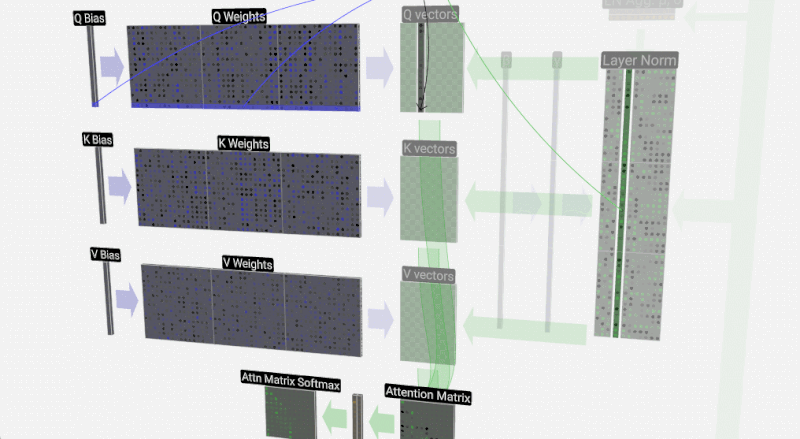Security roundup: Top AI stories in 2024
2024 has been a banner year for artificial intelligence (AI). As enterprises ramp up adoption, however, malicious actors have been exploring new ways to compromise systems with intelligent attacks. With the AI landscape rapidly evolving, it’s worth looking back before moving forward. Here are our top five AI security stories for 2024. Can you hear […]
The post Security roundup: Top AI stories in 2024 appeared first on Security Intelligence.

